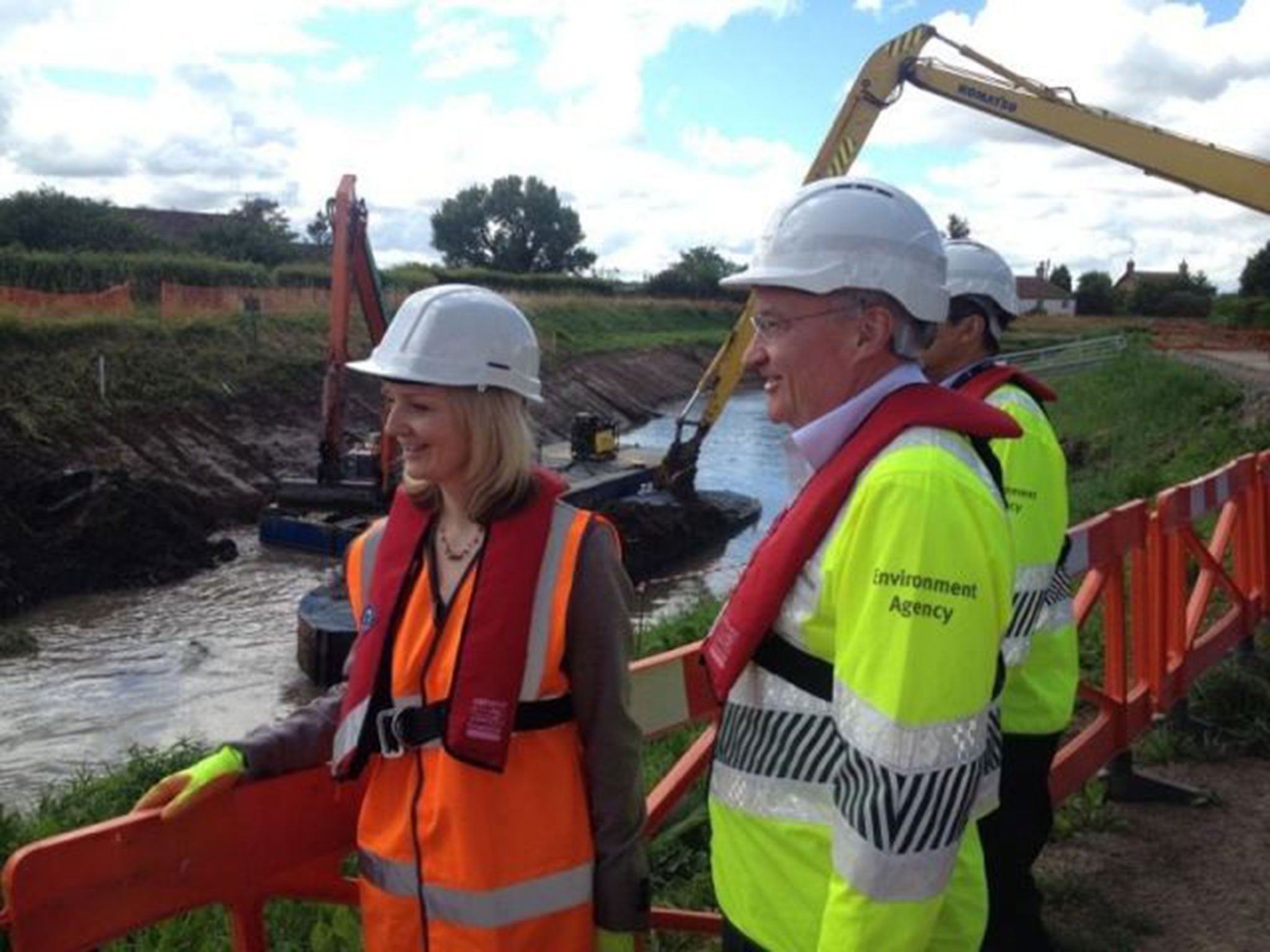
Your support helps us to tell the story
From reproductive rights to climate change to Big Tech, The Independent is on the ground when the story is developing. Whether it's investigating the financials of Elon Musk's pro-Trump PAC or producing our latest documentary, 'The A Word', which shines a light on the American women fighting for reproductive rights, we know how important it is to parse out the facts from the messaging.
At such a critical moment in US history, we need reporters on the ground. Your donation allows us to keep sending journalists to speak to both sides of the story.
The Independent is trusted by Americans across the entire political spectrum. And unlike many other quality news outlets, we choose not to lock Americans out of our reporting and analysis with paywalls. We believe quality journalism should be available to everyone, paid for by those who can afford it.
Your support makes all the difference.Dredging is “pointless” and largely ineffective, according to a coalition of environmental groups who are calling on the Government to scale down its preferred method of flood prevention.
The Blueprint for Water coalition, which represents groups such as the RSPB, the Angling Trust and Friends of the Earth, is urging the Government to spend money earmarked for dredging on “more effective” alternative flood-control methods such as improved drainage systems.
The warning comes as remnants of Hurricane Gonzalo were set to arrive in Britain overnight bringing strong winds and heavy rain. Gusts of up to 75mph in coastal areas and 65mph inland were expected to tear across much of the country bringing disruption to many areas.
In a new report, Dredging Up Trouble, the coalition warns that scooping the mud and weeds from the river bed can, in some cases, make downstream flooding worse by moving water too quickly down the river.
“In its eagerness to be seen to be ‘doing something’, the Government will increase investment in dredging. This could exacerbate, rather than reduce, flood risk and cause environmental damage,” said Janina Gray, head of Science for the Salmon & Trout Association and chair of the coalition. Mark Lloyd, chief executive of the Angling Trust, added: “The government has been trying to find ways to stop farmers’ fields flooding, but ignoring the fact that bad management of farmer’s fields is causing the flooding of people’s homes.
“Instead of wasting money on dredging, which is largely pointless, the Government should use the existing £2bn subsidies from taxpayers to drive real change in farming practices to improve water management throughout river catchments.”
The coalition is urging to the Government to divert much of the money to be spent on dredging to investment in other areas. It says flood defences that protect hospitals, care homes and bungalows – where people cannot escape upstairs – should be “top of the list”. It also wants to see more spent on natural flood defences that absorb and rainfall and slow its passage downhill, such as woodland and wetlands.
After taking over from Owen Paterson in July, the Environment Secretary, Liz Truss, visited the Somerset Levels which were hit by floods at the start of the year to see how the dredging of the Rivers Parrett and Tone was progressing.
At the time, she said the dredging work was on schedule and that action was being taken where it was needed to prevent future disasters. “I see it as a real priority to make sure the area is properly protected against flooding,” she said.
Join our commenting forum
Join thought-provoking conversations, follow other Independent readers and see their replies
Comments